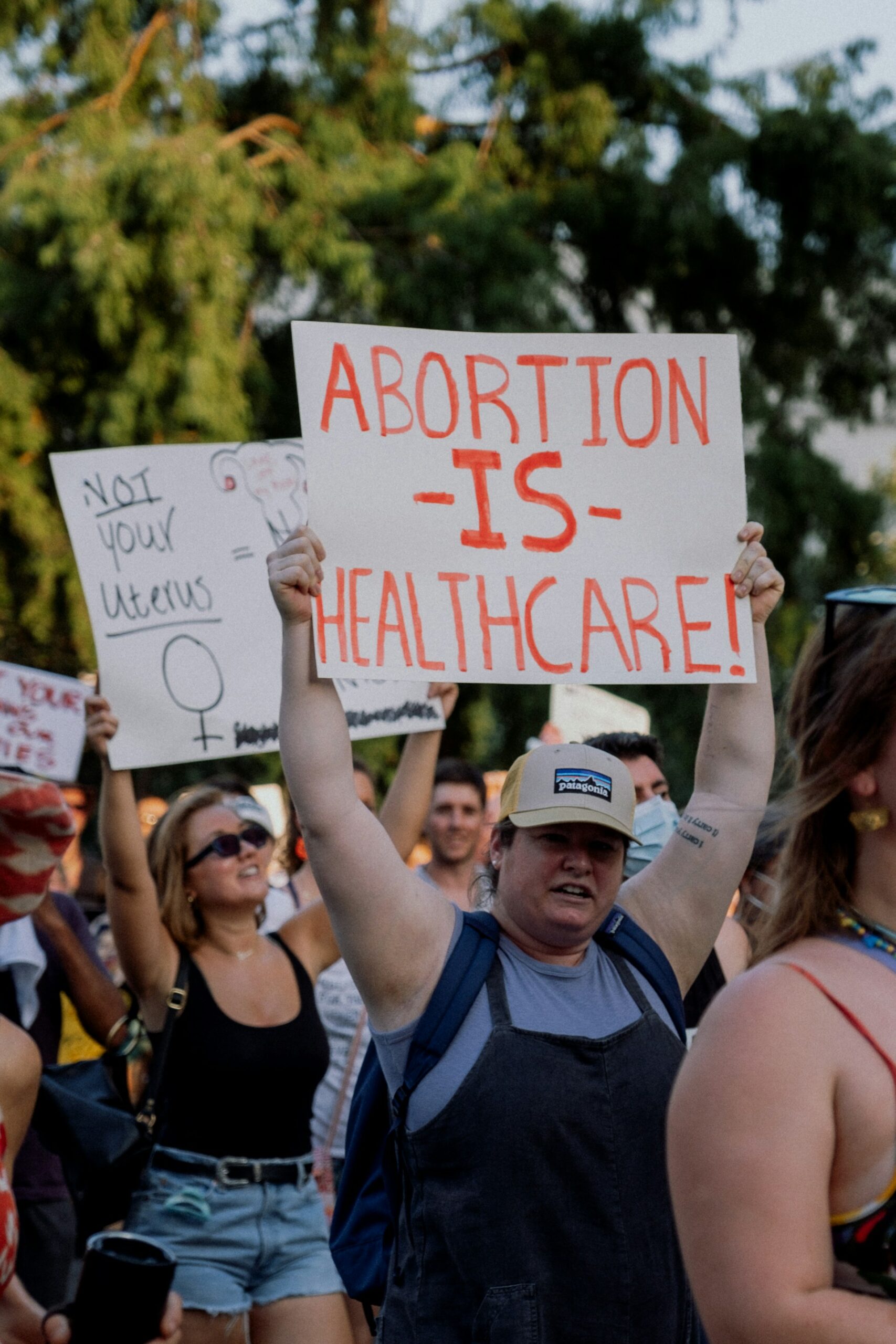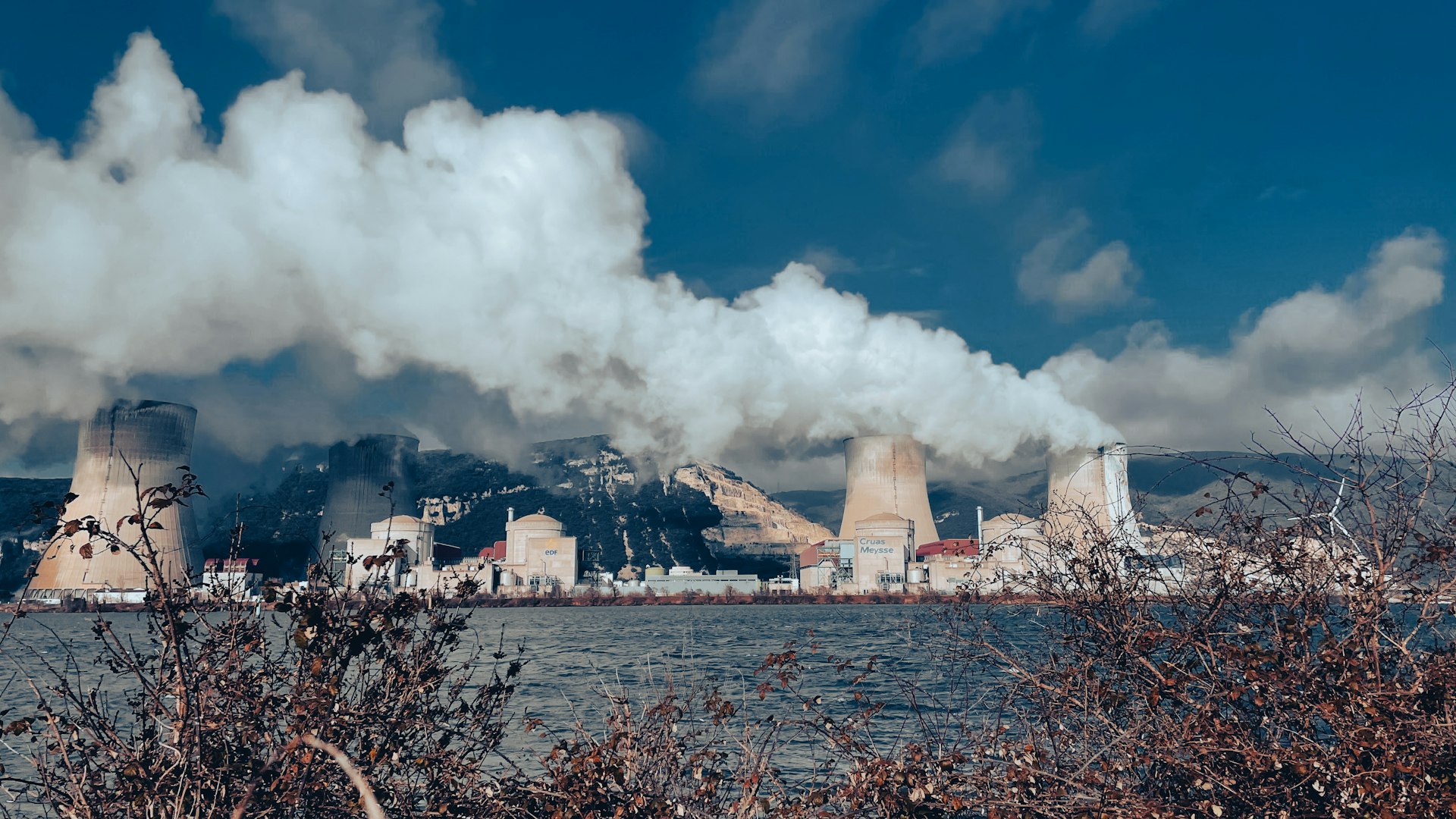The Environmental Impact of Burning Fossil Fuels: Causes, Effects, and Sustainable Alternatives

Photo by Timothy Abraham on Unsplash
Introduction: The Role of Fossil Fuels in Modern Society
Fossil fuels-coal, oil, and natural gas-have powered industries, vehicles, and homes for well over a century, supporting economic growth and transforming modern life. However, the environmental and health consequences of burning fossil fuels are severe and far-reaching. Understanding these effects is essential for making informed choices about energy use and exploring sustainable alternatives. This article examines why burning fossil fuels is detrimental to the environment, the specific problems it causes, and actionable steps individuals and communities can take to reduce reliance on these energy sources.
Why Does Burning Fossil Fuels Harm the Environment?
At the core of the issue is the release of greenhouse gases, particularly carbon dioxide (CO
2
), into the atmosphere during combustion. These emissions trap heat, disrupt natural systems, and contribute to global warming
[1]
. In addition, burning fossil fuels generates a range of pollutants that harm air and water quality, posing risks to both ecosystems and human health
[3]
. The negative effects extend beyond immediate users, impacting communities worldwide and future generations.
Main Environmental Consequences
1. Climate Change
Burning fossil fuels is the largest source of CO
2
emissions globally, accounting for about 65% of total greenhouse gas emissions
[1]
. The accumulation of these gases strengthens the greenhouse effect, leading to higher global temperatures. Effects include:
- Melting glaciers and rising sea levels, threatening coastal communities
- Increased frequency and severity of extreme weather events, such as hurricanes, droughts, and floods
- Disruption of ecosystems, with many species facing extinction as habitats change rapidly
- Reduced agricultural productivity and food security due to shifting weather patterns
According to the World Health Organization, climate change poses the greatest threat to human health in the 21st century, affecting everything from disease spread to food and water availability [2] .
2. Air Pollution
The combustion of fossil fuels releases a mix of harmful substances, including sulfur dioxide, nitrogen oxides, carbon monoxide, particulate matter, and heavy metals. These pollutants contribute to:
- Smog formation in urban areas, reducing air quality and visibility
- Acid rain, which damages crops, forests, and buildings
- Respiratory problems, cardiovascular diseases, and increased cancer risk, particularly for children, the elderly, and those with preexisting conditions
- Premature deaths: In 2018, air pollution from fossil fuels was estimated to cost $2.9 trillion globally in health and economic damages [2]
Individuals living near power plants or in industrialized cities often experience the greatest impact, but air pollution can travel long distances, affecting regions far from its source.

Photo by Markus Spiske on Unsplash
3. Water Pollution
Fossil fuel combustion and extraction contribute to water contamination through:
- Acid rain, created when sulfur dioxide and nitrogen oxides dissolve in atmospheric moisture, acidifying lakes and streams
- Oil spills and industrial runoff, harming aquatic life and contaminating drinking water supplies
- Thermal pollution from power plants, which can raise water temperatures and disrupt local ecosystems
Acidification of freshwater sources leads to loss of biodiversity and makes water unsafe for human consumption and agricultural use [1] .
4. Habitat Destruction and Resource Depletion
Extracting fossil fuels often involves surface mining, drilling, and fracking, which can:
- Destroy natural habitats through land clearing and soil erosion
- Pollute groundwater with chemicals used in extraction processes
- Cause oil spills, fires, and other industrial accidents that devastate local ecosystems [3]
As fossil fuels are nonrenewable, continued reliance depletes limited resources and increases the difficulty and environmental risk of extraction as easily accessible reserves are exhausted.
Health Impacts on Communities
Exposure to pollutants from fossil fuel combustion is linked to numerous health issues, particularly in vulnerable populations. These include:
- Asthma, bronchitis, and other respiratory diseases
- Increased risk of heart attacks and strokes
- Developmental issues in children due to exposure to heavy metals like mercury and lead
- Elevated cancer rates in areas with high levels of air and water pollution
Healthcare costs related to pollution-induced illnesses are a significant burden for families and public health systems worldwide.
Steps to Reduce Fossil Fuel Use and Mitigate Harm
Given the extensive negative impacts, reducing dependence on fossil fuels is essential. Here are practical steps and alternatives:
Transition to Renewable Energy
Individuals, businesses, and governments can invest in cleaner energy sources like wind, solar, hydroelectric, and geothermal power. These sources emit little or no greenhouse gases and have a much lower environmental footprint.
For homeowners and businesses, options may include installing solar panels, purchasing green energy from utilities, or participating in community solar programs. To explore renewable energy options in your area, you can contact your local utility provider or search for “renewable energy incentives” through your state energy office or the U.S. Department of Energy.
Improve Energy Efficiency
Reducing energy consumption through efficiency measures directly lowers fossil fuel demand. Consider:
- Upgrading to energy-efficient appliances and lighting
- Improving insulation and sealing leaks in buildings
- Regular maintenance on vehicles and using public transportation, cycling, or walking when possible
Many utility companies offer home energy audits and rebates for adopting efficiency measures. To find available programs, contact your local utility or visit the official website of the U.S. Department of Energy and search for “energy efficiency programs.”
Support Clean Transportation
Transportation is a major source of fossil fuel emissions. Actions include:
- Using public transit, carpooling, or telecommuting
- Driving fuel-efficient or electric vehicles
- Advocating for expanded cycling and pedestrian infrastructure in your community
To learn about incentives for electric vehicles, visit the U.S. Department of Energy’s Alternative Fuels Data Center and search for “electric vehicle incentives.”
Overcoming Challenges and Exploring Alternatives
Transitioning away from fossil fuels can be challenging due to up-front costs, infrastructure limitations, and reliance on existing energy systems. Solutions include:
- Phased adoption of renewables alongside energy storage technologies to ensure reliability
- Government policies that support research, development, and deployment of clean energy
- Community-based initiatives to share costs and benefits of renewable projects
Alternative approaches, such as carbon capture and storage, are being developed to reduce emissions from existing fossil fuel use, though these technologies are still emerging and not yet widely available.
How to Access Resources and Get Involved
To participate in reducing fossil fuel use and mitigating environmental harm:
- Contact your local government or energy provider for information on renewable energy and efficiency programs
- Look for community organizations advocating for clean energy projects
- Stay informed about national and international policies by visiting official government and environmental agency websites
- Engage in public comment periods or attend city council meetings to support local sustainability initiatives
For reliable guidance, always refer to established authorities such as the U.S. Environmental Protection Agency, the U.S. Department of Energy, and recognized nonprofit environmental organizations.
Conclusion: Building a Sustainable Future
Burning fossil fuels is a primary driver of environmental degradation, climate change, and public health risks. While they remain embedded in current energy systems, actionable steps at individual, community, and policy levels can reduce their impact. By transitioning to renewable energy, improving efficiency, and supporting clean transportation, we can collectively move toward a healthier, more sustainable future.
References
MORE FROM promohunterpro.com













